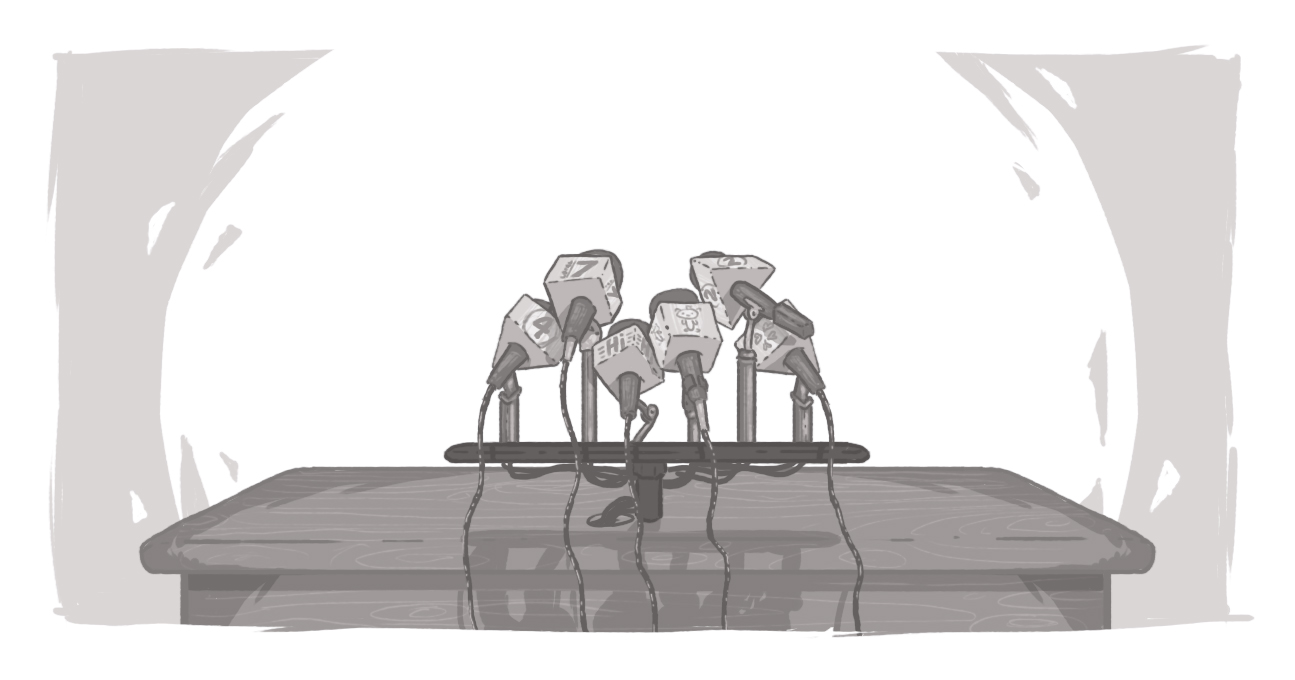In a Bad Situation? Language Matters

Many of you will likely be familiar with the United Airlines mistake. I'm not going to get into what happened -- and lord knows that there have been millions of pixels and reams of paper spent on analyzing every moment of the debacle. Instead, I want to focus on what was said and how when you're faced with a bad situation -- even one of your own creation -- focusing on language matters.
Take the Pulse of the Room
We'll start in the middle. In a letter obtained by CNBC, United CEO Oscar Munoz wrote to his employees stating that the passenger was "disruptive and belligerent." A quick spin around the old Twitter machine would have told Munoz that the majority of those following along with the story were clearly in the corner of Dr. David Dao. Even on the infinitely small chance that Dao is shown to be in the wrong, Munoz should have known that his company was not looking good.
He should also have known that this letter would likely be leaked.
So what's the value in victim-blaming here? None. Other than ego gratification and complete lack of awareness, there's no reason to put a statement like that. In fact, he could have left it at a statement saying employees "followed established procedures."
Instead of being an extra little dig at the passenger, the only thing this statement serves to dig is United deeper into its own hole.
Even if you feel you're right. Even if you know you have 100 per cent of the facts on your side, you need to take the pulse of the room and understand that perception, for many, is reality. Be polite, brief, and, if possible, conciliatory. The last thing you want to do is fan the flames of those who already have the pitchforks out for you!
Stop Trying to Sound Smart. Just Be Sincere
It's one of my biggest bugaboos. People that use "big" words incorrectly or choose to pack their prose with polysyllabic words when there are much better and clearer options available. In this case, you've likely heard the term "re-accommodate."
And that term, more than anything else I've heard, exemplifies all that is wrong with corporate communications and biz speak.
Accommodating*, or "re-accommodating," has the connotation that you are doing the user a favour. You are providing something special to meet their needs. Someone buying a ticket to use your service, having the expectation of using that service, then having that taken away from them arbitrarily DESPITE paying for it, is not accommodating in any way.
And don't even get me started on the odd interpretation of the word "volunteer."
(*On an accessibility tangent, this is also why I refuse to use the word accommodating when discussing accessibility measures -- we are not doing anything special. We are providing people with the tools they need to do their job. It's not an imposition or an accommodation, but rather just being a person.)
In my opening paragraph, I was going to say, "kerfuffle," "issue," or "drama," but none of those are honest. In fact, all of them can only serve to minimize the impact of what happened and undermine your efforts at appearing sincere.
And I do choose the words "appearing sincere." The "disruptive and belligerent" statement just shows that nothing in the apology is actually sincere.
Oh, and if you want to actually pretend you care, the first line of your statement shouldn't be about you: "This is an upsetting event to all of us here at United."
A simple statement would have sufficed. And we saw that when Munoz finally did the right thing. Which is:
Apologise. Wholeheartedly
Finally, Munoz came forward late yesterday with a proper mea culpa.
When faced with an issue like this, a line like this should be the first thing out of your mouth: "I want you to know that we take full responsibility and we will work to make it right."
Munoz went on to say "It's never too late to do the right thing." Which is true. But at one point the company's market value had dropped by $1 billion -- eventually to settle at a $250 million decrease. Now, this issue isn't about money -- but to the investors, everything's about money.
Easy as 1, 2, 3
In our social media-dominated world, it's easy to fly off the handle or send a flippant Tweet about an issue, but it's always better to take care in your crisis communications response:
- Start by acknowledging the incident and outlining next steps, "We are aware of the incident and are currently investigating it. We will follow with a full response shortly."
- Actually investigate it and do so fairly quickly (but thoroughly).
- Apologize, then outline steps to rectify the problem.
And if you weren't in the wrong? Still apologize: apologize for inconvenience, apologize for not addressing this issue sooner, apologize for exposing your customers to this type of negativity. And then clearly outline what steps are being taken to prevent this type of incident in the future.
Oh, and then practice what you preach. Don't just say you're going to do something, then slip into the same behaviour patterns once the hoopla has died down.
Clear messaging, with no speculation or blame, and sincerity in content -- that's the best way to diffuse a volatile situation.
What communications lessons can we learn from
SUBSCRIBE TO OUR E-NEWSLETTER
 Subscribe
Subscribe


